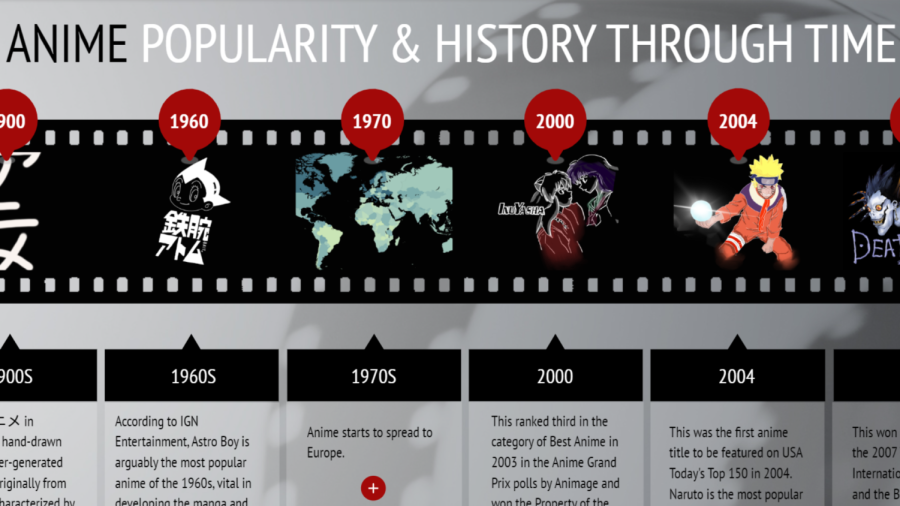Piracy is widely regarded as the bane of the music industry.
Those sentiments are most often spouted by big record labels and advertising agencies who seek to maintain the status quo that is rapidly crumbling around them.
From a consumer standpoint, piracy is great. Free music, average sound quality, and minimal work to download songs.
The current arrangement,however, with sales from record titans like Warner Music and EMI declining steadily according to Nielsen Soundscan figures from 2012, doesn’t fulfill the needs of either party.
Consumers are forced to deal with sub-par sound files, no cover artwork, and less than reputable websites.
The record companies lose money, consumers get less than quality products, and above all the artists suffer.
Junior Eric He said of music piracy, “It’s just a part of using the Internet now. Kids do it without a second thought nowadays. I don’t think I know anyone who actually pays for their music.”
But what if these were only growing pains for a new status quo?
Record companies take an antiquated and rapidly aging approach to peddling their products. Music is no longer controlled by the industry itself, instead it is now distributed freely, and record sales mean next to nothing.
Wider economic forces have already affected other sectors of the economy, it follows that the entertainment industry would be forced to adapt to this paradigm shift.
In the Age of Information, content can be produced and distributed by smaller and smaller companies, and content is now more personalized than ever.
Sites like Bandcamp and SoundCloud support this new straight-to-consumer business model which is only growing in prominence.
Supported by an infrastructure of blogs like hypetrak.com and gorillavsbear.com and a new generation of “armchair A&Rs,” bloggers whose posting decisions dictate who makes it and who doesn’t, this business model is constantly evolving and advancing online.
Retweets, reblogs and page views are the currency of the day, as the hype surrounding a new artist discovered on a blog can quickly snowball to mainstream appeal.
Already this has taken a toll on the industry,with bloated record companies falling into bankruptcy and smaller, more niche-focused record labels, signing smaller artists who can produce music for a specific audience, growing in market share.
This trend leads to more content of higher quality for consumers.
Music is now made with smaller margins, and as recording equipment continues its free fall in cost, the quality of music coming from smaller outfits will increase.
Record labels are being forced to adapt in the age of page views and blogs, ad revenues and twittersphere buzz.
Soon we will no longer see the current class of plastic, commercialized artists peddled by record labels hell bent on making a profit.
The Taylor Swifts and Miley Cyruses of this world have had their day.
More and more young people are turning their attention online to find new, fresh music that they can’t find anywhere else.
A thriving indie culture has lived online for decades, but it is only now that it is being embraced on a large scale, and in lieu of mainstream music.
This period of decay will only serve the consumer, and more music produced with heart, and for the right reasons, will make its way to the consumer.






